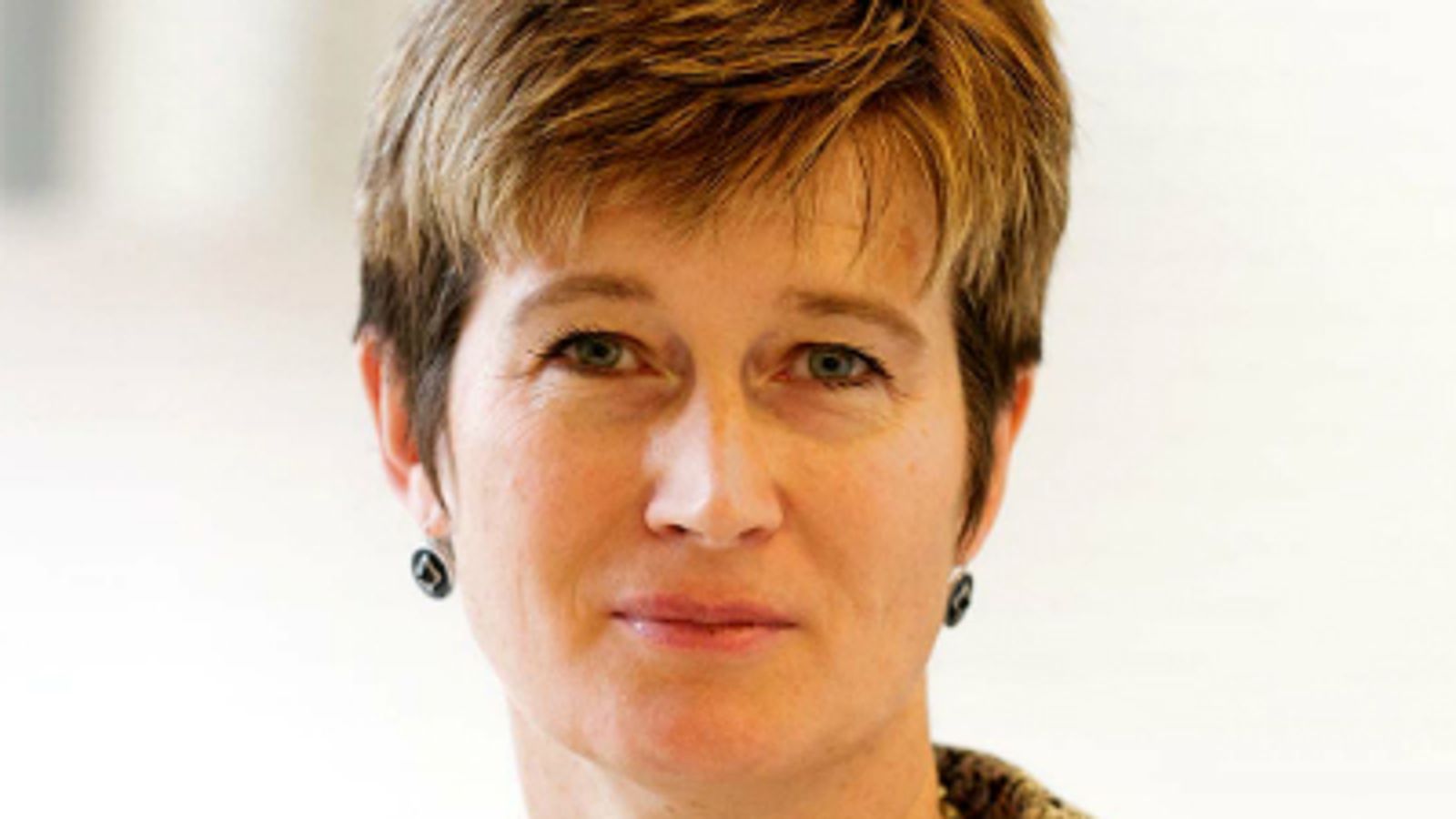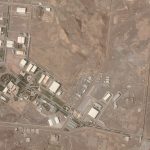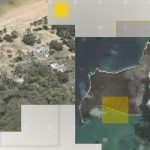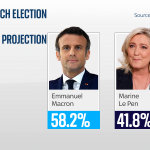The UK’s former ambassador to Myanmar has been detained in the Southeast Asian country, sources have told Reuters.
Vicky Bowman, who currently runs the Myanmar Centre for Responsible Business (MCRB), and her husband, Htein Lin, a Burmese artist and former political prisoner, were held on Wednesday, it is understood.
The arrest reportedly took place in Yangon, formerly known as Rangoon, the largest city in Myanmar, which used to be known as Burma.
It is not clear what charges they have been held on and a spokesperson for the Myanmar junta did not answer calls seeking comment.
A spokesperson for the British Embassy in Myanmar said: “We are concerned by the arrest of a British woman in Myanmar. We are in contact with the local authorities and are providing consular assistance.”
The spokesperson did not name the woman concerned.
Ms Bowman was the British ambassador to Myanmar between 2002 and 2006 and has more than three decades’ experience in the country.
Ousted Myanmar leader Aung San Suu Kyi jailed for six more years
Myanmar: International outcry as democracy activists executed for carrying out alleged ‘terror acts’
Myanmar: The Christmas Eve massacre with ‘all the hallmarks of a war crime’
A profile of her on the website of the Institute for Human Rights and Business says she has been the Director of Myanmar Centre for Responsible Business (MCRB) since July 2013.
Before that, it says, she led global mining company Rio Tinto’s policy approach to transparency, human rights and resource nationalism/resource curse issues from 2011 and was Director of Global & Economic Issues and G8 sous-Sherpa for the United Kingdom from 2008-2011 and Head of the Southern Africa Department in the Foreign and Commonwealth Office of the UK Government from 2006-2007.
As well as serving as ambassador, she was also second secretary in the UK’s Myanmar embassy from 1990-1993 and speaks Burmese. She has also worked in Brussels as Member of Cabinet of European Commissioner Chris Patten (1999-2002) and as press spokeswoman for the UK representation to the EU (1996-1999).
According to the website of the MCRB, it “aims to provide a trusted, impartial forum for dialogue, seminars, and briefings to relevant parties as well as access to international expertise and tools”.
It receives funding from the governments of the UK, Norway, Switzerland, Netherlands, Ireland and Denmark.






















